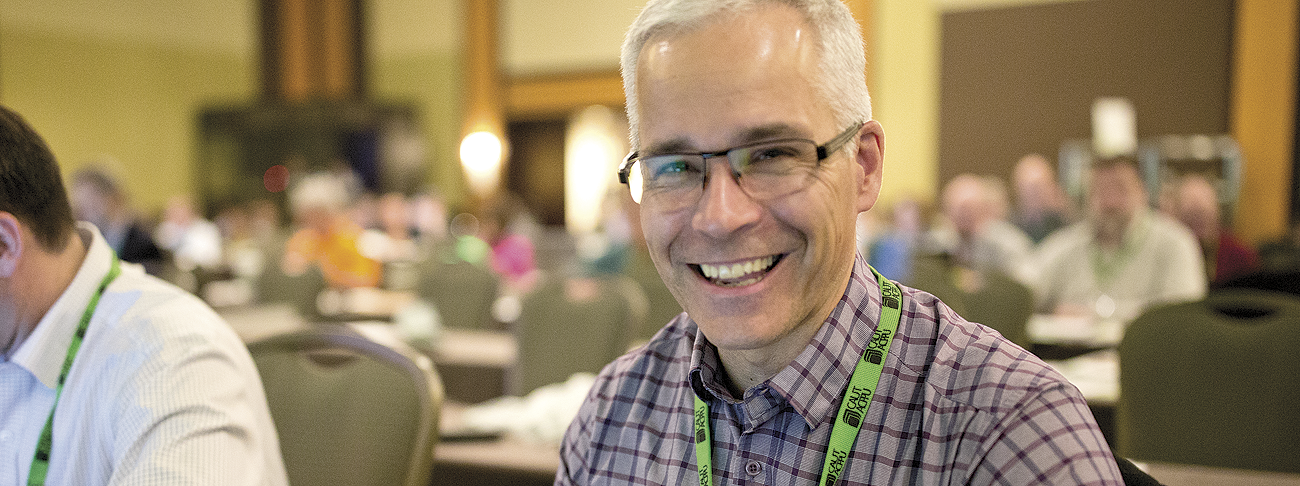
by James Compton
Lest We Forget. This phrase is familiar to many Canadians who hear it recited every Remembrance Day. Taken from Rudyard Kipling’s poem Recessional, the axiom is often cited as a warning to not forget past struggles and sacrifices.
As it happens, Nov. 11 is also the anniversary of the adoption of UNESCO’s Recommendation Concerning the Status of Higher Education Teaching Personnel. Co-authored by former CAUT executive director Donald Savage and Patricia Finn, the former executive director of the Carleton University Academic Staff Association, the United Nations instrument is an important example of “soft law” — a voluntary self-regulation — designed explicitly to express the norms and principles of traditional labour rights and academic freedom.
Twenty years on, how should we read the recommendations? Savage and Finn suggest the document contains five key articles on civil rights, academic freedom, university governance, institutional autonomy and collective bargaining.
Article 26 states that academic teaching staff “should not be hindered or impeded in exercising their civil rights as citizens, including the right to contribute to social change through freely expressing their opinion of state policies and of policies affecting higher education.” The record here is mixed. Internationally, there are many countries with poor records on this file. Recent mass firings and the imprisonment of scholars in Turkey stand out as a nefarious extreme.
In Canada, it’s certainly true that academics routinely exercise their right to comment on important, and sometimes controversial, political and social topics every day. We see the evidence in daily newspapers and television newscasts. And most of them do so without threat of penalty or censure. However, Universities Canada does not recognize the right to extramural speech in its definition of academic freedom. And the record shows that some university administrators agree.
The right to academic freedom “without constriction by prescribed doctrine,” in teaching and research is a bedrock principle, and clearly articulated in the recommendation. While all universities in Canada claim to defend academic freedom, academic staff continue to face external and internal challenges. This sometimes takes the form of corporate donors who attempt to meddle in faculty appointments or curricula. But sometimes calls to cancel controversial speaking events emanate from both students and faculty themselves. In addition, respectful workplace policies are sometimes used to circumscribe academic freedom through definitions banning speech that makes others uncomfortable. This can have a chilling effect on the ability of professors to teach controversial subject matter. Harassing and threatening individuals should not be tolerated, but challenging political and social assumptions is at the core of academic life, and sometimes that makes people uncomfortable.
University governance remains a contested ideal in the academy. According to the recommendation, “Self-governance, collegiality and appropriate academic leadership are essential components of meaningful autonomy for institutions of higher education.” Sounds good. But as we’ve seen, university boards of governors and administrators are sometimes guilty of imposing corporate governance models that forbid faculty representatives from disagreeing with board policies in public, or from communicating criticisms to their members. The recommendation envisioned “institutional autonomy” as “a necessary precondition” to support academic freedom, but, it added, “Autonomy should not be used by higher education institutions as a pretext to limit the rights of higher-education teaching personnel.”
Finally, a key strength of the recommendation is that it explicitly links traditional labour rights with academic freedom. “Collective bargaining or an equivalent procedure should be promoted in accordance with the standards of the International Labour Organization.” As Savage and Finn argue, these rights, along with the right to strike and the right to free association, were essential components of the document. Given that close to 90 per cent of CAUT members are certified unions, we can say that on this point soft law has become hard law.
However, while post-secondary education enjoys a relatively high density of unionized faculty compared to other sectors of the economy, work remains to be done. Administrative reliance on the low pay and flexible working conditions of contract academic staff to save money is widespread. Academic staff who fear their contracts won’t be renewed if they rock the boat are much less likely to exercise their right to extramural speech.
Backing the soft power of moral suasion with the hard power of contract language has proven to be an important tool in defending the rights of academic staff. But as James Page Smith reminds us in his review of Australian universities’ record of non-compliance with the recommendation, the ethical call to voluntarily do the right thing remains invaluable. We should remember that.